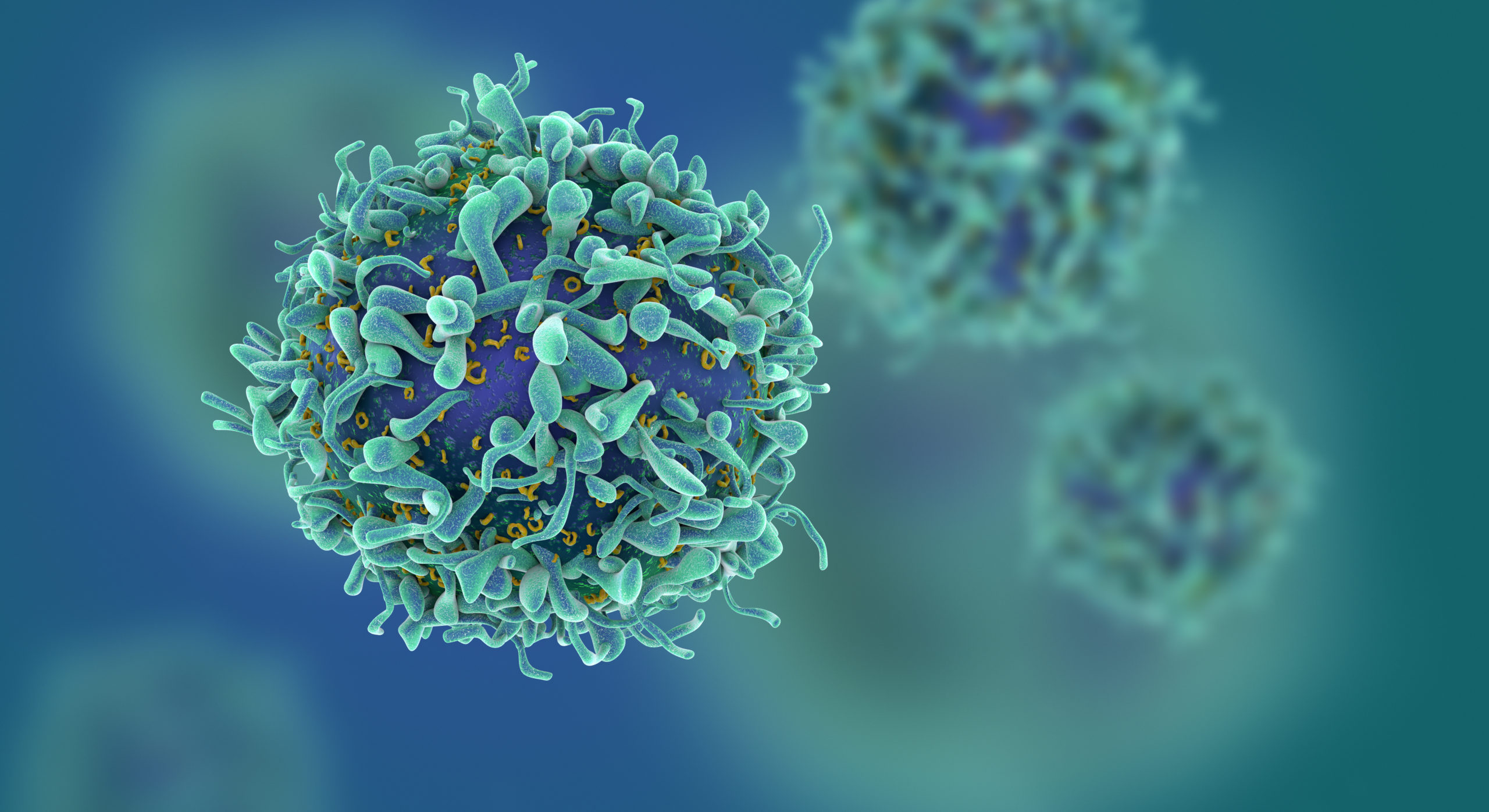Tag: Research
-

Medical School Establishes Center for Computational and Social Sciences in Health
Northwestern University Feinberg School of Medicine has established the Center for Computational and Social Sciences in Health (COMPASS), which aims to foster connection and bridge data science, social science and population health.
-

Feinberg Scientists Identified As ‘Highly Cited’ on 2024 Clarivate List
Ten Feinberg faculty members were named to the 2024 “Highly Cited Researchers” list, published by Clarivate Analytics.
-

Combination Therapy Does Not Extend Survival in Glioblastoma
Patients with a subtype of glioblastoma who received a combination treatment of a PARP inhibitor and standard chemotherapy did not demonstrate improved survival compared to chemotherapy and placebo, according to a recent clinical trial published in JAMA Oncology.
-

Immunotherapy Shows Potential to Treat Deadly Thyroid Cancer
A type of immunotherapy appears to be effective in treating a deadly subset of thyroid cancer, according to the results of a clinical trial published in JAMA Oncology.
-

New Research Sheds Light on a Surprising Connection Between COVID-19 and Cancer Regression
A new Northwestern Medicine study has revealed a connection between COVID-19 infection and cancer regression, which could pave the way for novel cancer treatments.
-

COVID-19 Hitches a Ride on Mucus to Spread Deep Into Lungs
The COVID-19 virus spreads via mucus once inside an infected airway, according to a Northwestern Medicine study published in Nature Communications.
-

Study Finds Sustained Remission of Obesity-related Conditions a Decade After Adolescent Weight Loss Surgery
Ten years after undergoing bariatric surgery as teens, over half of study participants demonstrated not only sustained weight loss, but also resolution of obesity-related conditions, such as type 2 diabetes, high blood pressure and high cholesterol.
-

Improving Atopic Dermatitis Treatment for Adolescents
Long-term treatment with the drug upadacitinib significantly improved symptoms and quality of life compared to placebo in adolescents with moderate to severe atopic dermatitis after 76 weeks with strong evidence of safety, according to a recent Northwestern Medicine analysis of three international, randomized clinical trials.
-

Accelerating Discoveries in Immunobiology Through Collaboration
Just two years out from its launch, the Center for Human Immunobiology has quickly become a bustling hub for collaborative efforts to understand the molecular mechanisms of the immune system and translate discoveries into innovative cures for immune-regulated diseases.
-

New Haptic Patch Transmits Complexity of Touch to the Skin
A Northwestern University-led team of engineers has developed a new type of wearable device that stimulates skin to deliver various complex sensations, providing more realistic and immersive sensory experiences.






